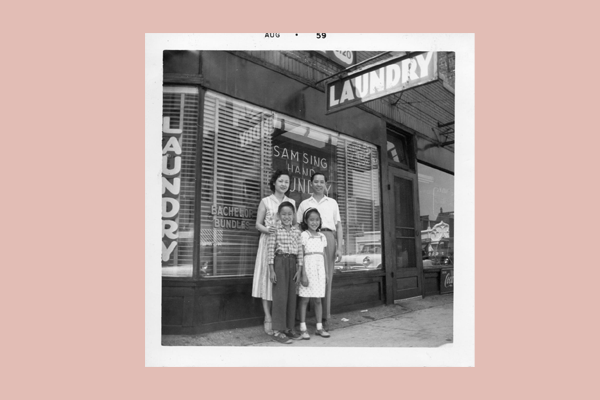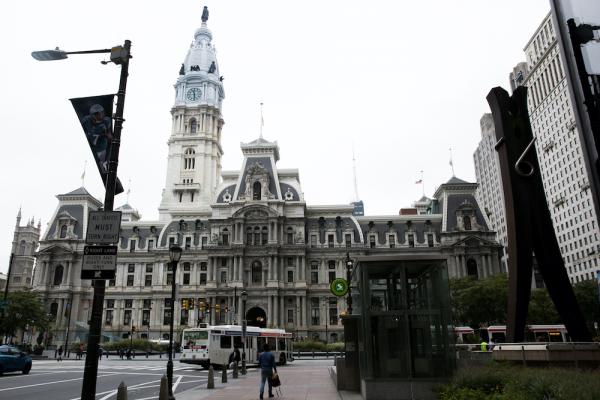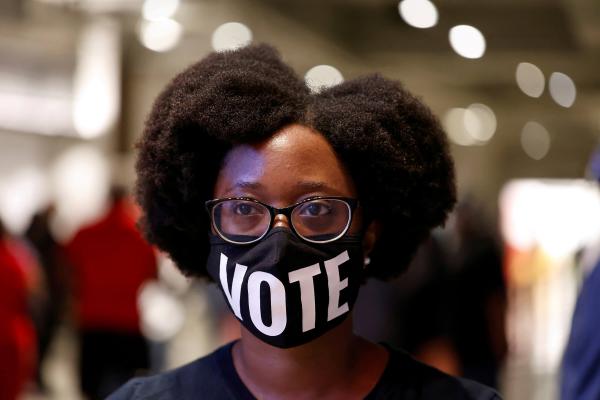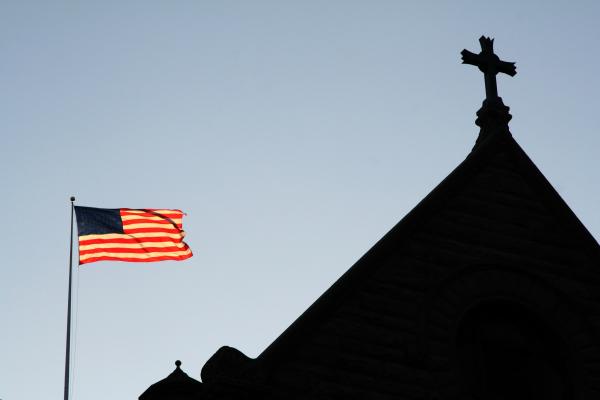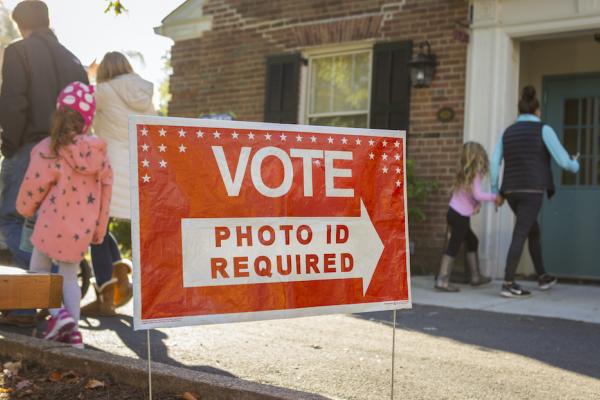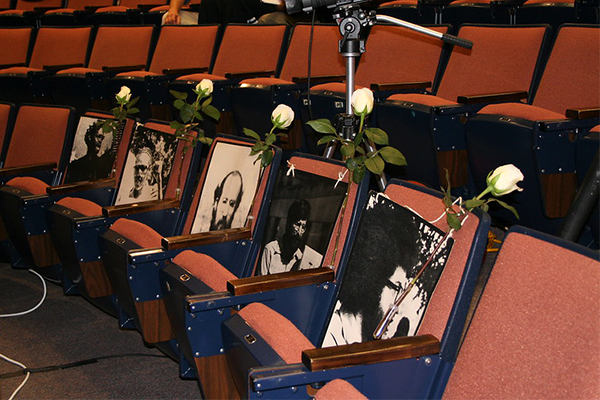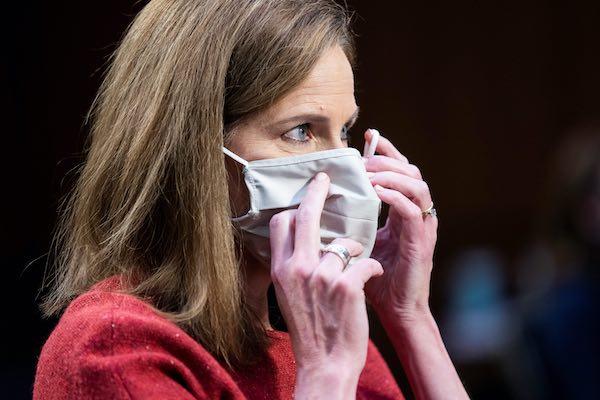In the midst of a tumultuous election season, Christians in the United States are discerning faithful ways to engage with politics. Christian discernment involves understanding ourselves, our relationship to God, our connection to our neighbors, and our most deeply held values.
My kids are the great-granddaughters of Chinese immigrants, but until recently, I hadn’t shared much about our immigration story or been a vocal advocate for immigrant rights. Instead, like many evangelicals, I had absorbed hardline views on the subject.
The U.S. Supreme Court on Monday allowed an extension of the deadline for mail-in absentee ballots in Pennsylvania for the Nov. 3 election, declining a Republican request to block a lower court's ruling that gave voters more time.
According to new survey data released by the Public Religion Research Institute (PRRI), 57 percent of Americans ranked fairness of presidential elections as the top critical issue in the country when asked to choose from 14 issues ranging from the COVID-19 pandemic to racial inequality.
Churches have been barred from directly supporting or opposing candidates since the passage of the Johnson Amendment in 1954. But pastors can still work on the election in meaningful ways without jeopardizing their tax-exempt status, so long as they are mindful of the rules.
Immigration is never out of sight for those whose lives depend on it, even while it may have not been a topic of choice for presidential and vice-presidential debates this year. Candidates and lawmakers on both sides of the aisle have used the stories and experiences of immigrant people for political gain. But for many immigrant people, engaging in the larger immigration discourse and advocacy work is primarily about our families and our communities: their present reality and their future opportunities. It is not about touting a “welcoming” nature or defending a seemingly attacked territory or national identity as politicians and others have often approached it.
On Oct. 6, 2020, the Greensboro City Council adopted a resolution of apology acknowledging that the 1979 Greensboro police department “failed to warn the marchers of their extensive foreknowledge of the racist, violent attack planned against the marchers by members of the Ku Klux Klan and the American Nazi Party with the assistance of a paid GPD informant.”
President Donald Trump's Supreme Court nominee Amy Coney Barrett said on Tuesday at her U.S. Senate confirmation hearing she is not hostile to the Obamacare law, as Democrats have suggested, and declined to specify whether she believes landmark rulings legalizing abortion and gay marriage were properly decided.
"The country is only as strong as it treats the most vulnerable citizens," Williams-Skinner says. "Right now we are a weaker country because we are robbing not just Black and brown people, but elderly people."

